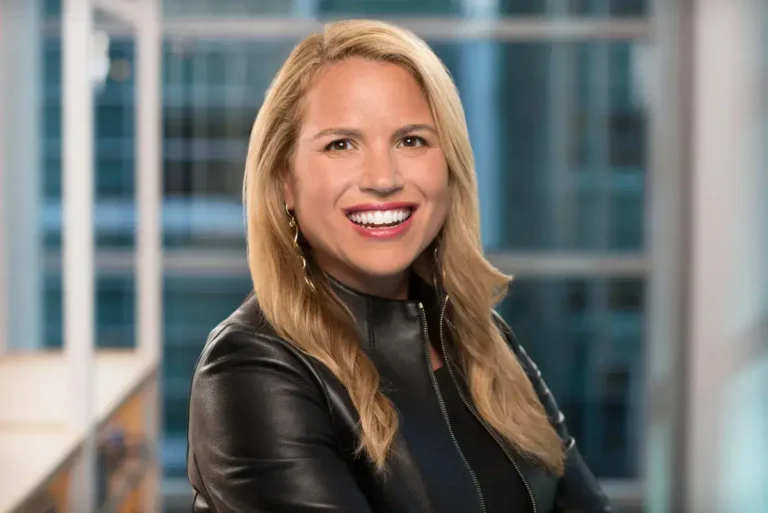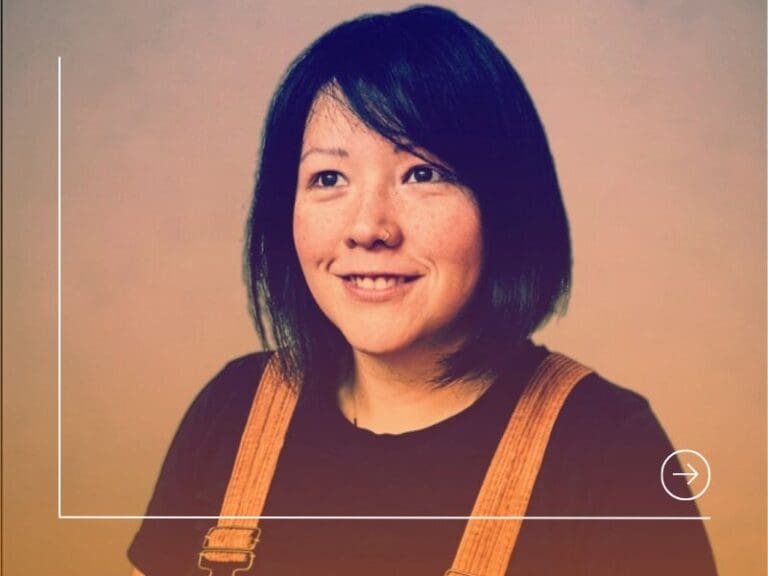As CEO of LogicMonitor, Christina is responsible for accelerating the company’s hypergrowth and delivering on its brand promise of helping C-level executives and their teams thrive through transformation.
Prior to assuming the role of CEO, Christina served as LogicMonitor’s President, leading go-to-market strategy, R&D, customer success and operations. She has spent over two decades holding leadership positions in the enterprise software space and is passionate about discovering new ways to bring the worlds of technology and business together.
Christina came to LogicMonitor from Slack, where she spent four years building and leading Customer Success and Enterprise GTM Teams. Christina also spent 15 years at Salesforce, where she oversaw functions including renewals, consulting, support and customer success. In both of these roles, she helped guide her respective organizations through pivots, disruptions and rapid periods of growth, while also being a pioneer of the Customer Success practice.
Outside of LogicMonitor, Christina serves on the board of Rapid7 (NASDAQ: RPD) and is a founding partner of Operator Collective, an organization that brings together tech’s most sought-after operators, investors, and founders from diverse backgrounds to invest in and accelerate the next generation of b2b tech.
Christina holds a BS in Industrial Engineering from Northwestern University, where she was Captain of the Varsity Soccer Team, and currently sits on the McCormick School of Engineering Advisory Board. She lives in the Bay Area with her husband and two teenage daughters.
How did you land your current role? Was it planned?
I studied Industrial Engineering at Northwestern University, which broadened my technical expertise, but I quickly discovered my real passion lay in understanding the human impact of technology. Rather than following the traditional engineering path after graduation, I pursued roles that allowed me to help customers translate technology into measurable business value and find solutions to improve the human experience. This journey led me into technology consulting and post sales.
To strengthen my business leadership skills, more recently I completed an Executive Education program at Stanford Law School, which provided new insights to drive success in my current role. I’ve always believed continuous learning and professional growth are crucial no matter how far into your career you are, especially with how rapidly the tech landscape is evolving.
Did you (or do you) have a role model in tech or business in general?
I draw constant inspiration from my family, friends, and a trusted group I think of as my personal board of directors. Alongside my father and two daughters, I’m fortunate to be surrounded by powerful, influential women who uplift, challenge, and ground me, helping me stay true to my authentic self in both life and leadership.
Maria Martinez, a mentor from my time at Salesforce, holds a special place on that board. She shaped my approach to business by reinforcing the importance of data-driven decision-making and sharpening my ability to connect technology to real business value. Her guidance also deepened my commitment to customer centricity—one of my core values—helping me embed that focus in every organization I’ve led.
What are you most proud of in your career, so far?
The past year has been one of the most rewarding of my career, marked by tremendous growth at LogicMonitor. As a result of our team’s determination and strategic focus, we secured key enterprise customers, expanded into new regions, and diversified our customer base. This is a significant achievement, especially given the volatility and uncertainty of today’s tech landscape.
Are there any specific skills or traits that you notice companies look for when you’re searching for roles in your field?
In tech, adaptability is essential. With the industry evolving so rapidly, companies need employees who can pivot quickly, embrace new technologies, and stay ahead of emerging trends.
When it comes to leadership roles, businesses look for their ‘North Star’—a leader who embodies the values and direction the company strives toward. What defines a North Star varies by organization, depending on its mission. At LogicMonitor, customer obsession is at the heart of what we do. We look for leaders who are deeply attuned to customer needs and can guide teams to consistently deliver value in a fast-changing landscape.
Have you ever faced insecurities and anxieties during your career, and how did you overcome them?
I’ve certainly faced insecurities throughout my career, especially when stepping into new roles or tackling unfamiliar challenges. What has helped me overcome those moments is focusing on preparation, surrounding myself with a strong support system, and staying true to my values. I’ve learned that it’s okay not to have all the answers right away—what matters is being open to learning, asking the right questions, and building confidence through action. I also lean on my personal board of directors—mentors, family, and trusted colleagues—who provide invaluable advice and remind me to stay grounded and authentic.
What can be done by tech companies to encourage more women to join the industry?
To bring more women into tech, companies need to do more than talk about diversity—they need to weave it into every aspect of the business. This starts with intentional hiring practices, inclusive job descriptions, and regular training to eliminate bias. But real progress requires more than policies; it’s about building cultures where women feel empowered, valued, and seen.
Flexibility is also key. Everyone has their own unique circumstances, and businesses must be willing to meet people where they are. When companies invest in understanding individual needs and create pathways for growth, they unlock the full potential of their talent. If we fail to do that, we risk losing valuable voices that could shape the future of our industry.
Ultimately, it’s not just about increasing the numbers—it’s about ensuring women feel they belong and can thrive. When people can bring their whole, authentic selves to work, it drives both personal fulfilment and business success. The goal is to get to a place where seeing women in leadership roles isn’t a rare exception but a natural part of the landscape. With only 20% of senior tech leaders being women today, we clearly still have work to do—but I believe we can get there.








